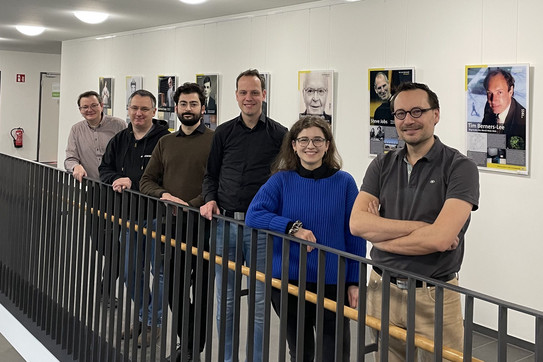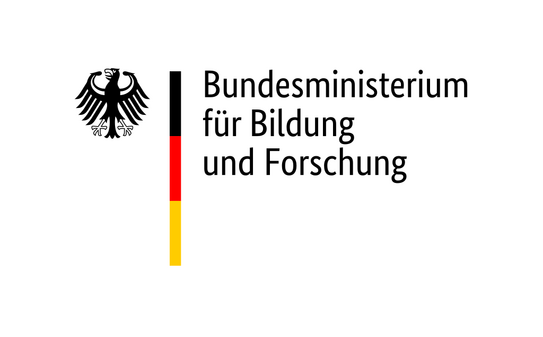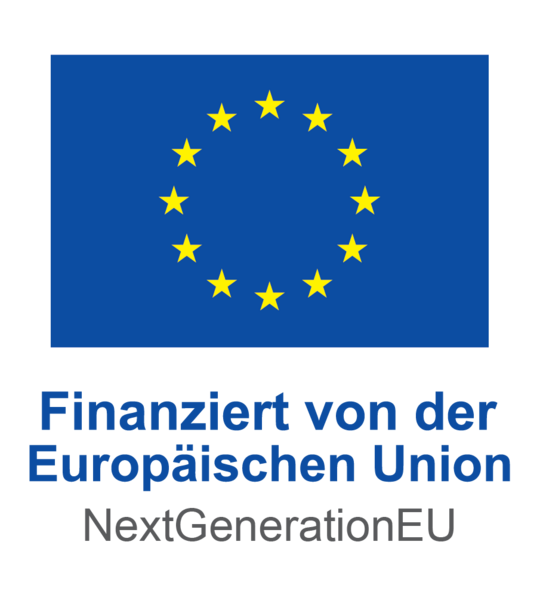Process Patterns for Neutral Data Trust Models (proDTM)
Profile
Call: „Erforschung oder Entwicklung praxisrelevanter Lösungsaspekte („Bausteine“) für Datentreuhandmodelle“
Project management: Prof. Dr. Christian Janiesch
Project participants: TU Dortmund University, Fraunhofer-Institut für Software- und Systemtechnik ISST, Actiware GmbH
Project start : 15.10.2023
Project end: 31.12.2025
Funding volume: 500,000 Euro
Funding source : Bundesministerium für Bildung und Forschung (BMBF)
Summary
Data trust models (DTMs) hold tremendous potential for data-based innovation, but they face a variety of socio-technical and technological challenges. To address these challenges, process patterns for controlling access to and use of data will be developed. In particular, the process patterns should take into account the aspects of neutrality, transparency, autonomy, and governance of the data trustee and reconcile the potentially competing goals of the stakeholders involved in the best possible way. Process patterns should achieve the goal of increasing accessibility and thus adoption in the private, public and civil spheres in order to better leverage the value creation potential associated with DTM. Therefore, suitable process patterns should be selectable and configurable on the basis of suitable attributes. The focus is not only on the development of suitable control flows, but also on the attribution with resources and the definition of configuration points. This allows process patterns to be selected by business experts on the basis of must-have and can-have criteria, as well as situation-specific adaptation to local requirements and use in scenarios that diverge in detail. In order to test the effectiveness of the theoretically and empirically derived or developed process patterns, they will be evaluated on the basis of a prototypical implementation in the form of a variable-autonomous DTM platform, depending on the structure, scope and sensitivity of the managed data, in the course of several exemplary concrete practical application scenarios and further iteratively improved by the knowledge thus gained. Particular attention will be paid to determining realistic specific and measurable problem-solving oriented evaluation criteria to match the coverage of process patterns with real-world requirements.





